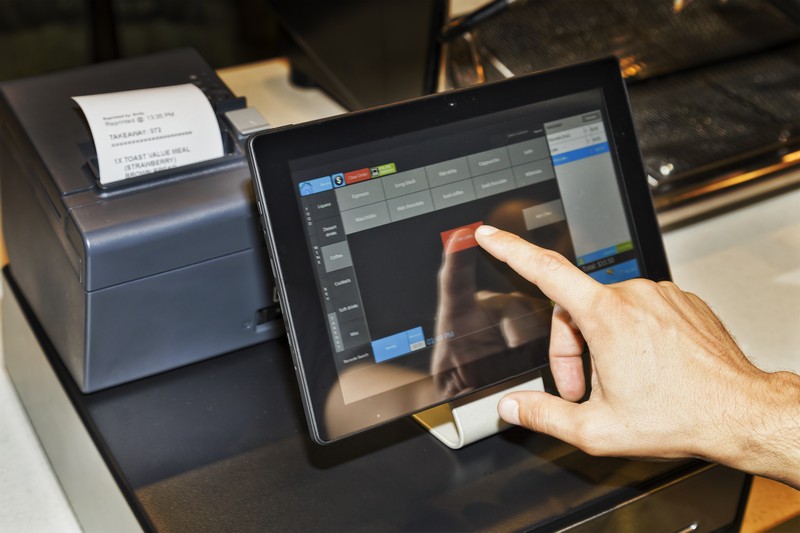
There are many factors to consider when you are buying a POS system. These include hardware costs, software subscriptions, and the difference between an on-premise and cloud-based system. Here’s a list of expected expenses. Then, read on to find out which prices are the most important. How much does it cost to build a POS system? And get a quote before you make a final decision.
Costs of building a POS system
Depending on the business size and revenue stream, a POS system can cost anywhere from $3,000 to $10,000 per year. The costs will be lower if your business only sells a few products regularly or is purely mobile. However, brick-and-mortar businesses require more complex hardware and will pay more than this amount. The cost will also depend on your industry.
Getting a POS system should be one of your top priorities. It should fit into your budget, whether you’re looking for a monthly payment plan or an annual rental. It would help to consider how many employees you need the POS to support. The more employees you have, the more you will pay. It would be best to consider whether you’ll need to expand the number of registers and inventory management capabilities, as a more significant business will require a more expensive POS. You can check this website https://revelsystems.com/pos-systems/type/restaurant-pos/ for some cost of POS system ideas.
Hardware costs
When building a POS, there are several factors to consider. Buying a pre-existing system can be costly, and you may be stuck with an outdated one. You may have to hire an expert to upgrade it, which can be expensive and time-consuming. Ultimately, your business should be able to handle the expense without too much hassle. A POS is an essential piece of hardware for any business, and if you are unsure whether it will be cost-effective for your needs, you can ask your salesperson for recommendations.
Before buying a POS, you should consider how many employees will use it. For example, you may only need a single card reader if you only plan to use your system for customer transactions. In addition, you might need more than one. You may need more than one POS for different employees, raising your cost. If you plan on implementing a multi-user POS, you should also consider the hardware costs for multiple logins.
Monthly subscriptions
If you’re considering building a POS system for your small business, you’ve probably noticed that many leading providers offer subscription-based models. This licensing provides flexibility and affordability and often includes free software updates and support. In addition, subscription-based systems are often built on non-proprietary hardware, such as a tablet or iPad. So depending on your needs, this type of licensing may be the right fit.
Some POS vendors provide free hardware with their service, but it’s important to note that the “free” POS terminal comes with a contract for credit card processing. These contracts often require a three to five-year commitment and are typically non-cancelable with a thirty-day cancellation window. In addition, many of these POS providers will also charge monthly maintenance and insurance for their “free” equipment, which you have to return or pay a fee.
On-premise vs. cloud-based systems
You can customize your cloud-based systems to fit your business’s needs, but this may not be possible with on-premise POS systems. Because the cloud system is hosted on a server, you must have a steady connection. It is not a big deal for small-scale retailers, but larger businesses often prefer the ability to customize their POS systems. Cloud-based POS software is getting more customizable thanks to native apps.
Cloud-based POS systems have many advantages. The software is hosted and updated automatically, while traditional POS systems require manual updates, which can be time-consuming and costly. Cloud-based systems also allow for easy upgrades, allowing you to charge fees and schedule appointments without hiring an outside vendor. However, upgrading a traditional POS system is complex and requires basic computer knowledge and know-how.



Comments are closed.